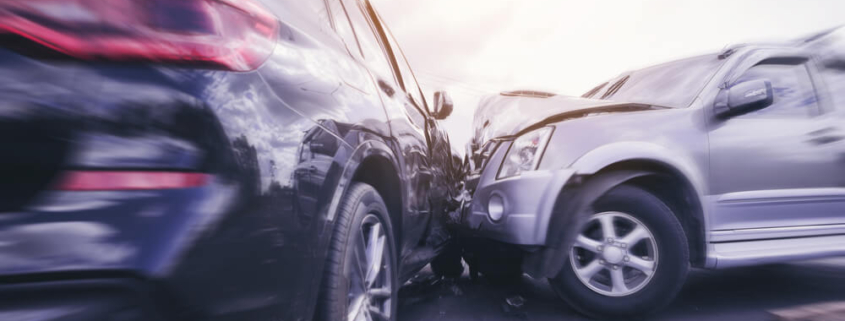How Medical Emergencies and Disabilities Affect Car Accident Lawsuits
When someone experiences a medical emergency while driving, they could lose control of their vehicle and cause a crash. When a vehicle accident is caused by a medical emergency or disability, there may be a specific legal defense available. This defense can shield a person from legal responsibility in a car accident lawsuit. Understanding how this works can help you protect your rights if you find yourself in this situation.
What is the “Sudden Medical Emergency” Defense?
Many states have laws recognizing that there may be legitimate instances in which drivers suddenly become incapacitated through no fault of their own. The sudden medical emergency defense allows these drivers to avoid responsibility for a car accident. If an injured party files a lawsuit, the driver experiencing a sudden medical emergency may use this defense. If successful, the driver could get the lawsuit dismissed.
How a Driver Can Prove a Sudden Medical Emergency
The National Highway Traffic Safety Administration (NHTSA) released a study in 2009, concluding that 84% of drivers in crashes caused by medical emergencies experienced seizures, blackouts, or diabetic reactions prior to the crashes. Other less common types of sudden medical conditions that caused vehicle accidents included stroke, heart attack, choking, and aneurysm.
While these events are rare, someone can get seriously hurt in one of these crashes through no fault of their own. It’s up to the driver claiming the sudden medical emergency defense to prove that their incapacitation caused the crash. Specifically, they must show:
- The medical emergency arose suddenly prior to the crash
- The medical emergency caused the driver to lose control of their vehicle
- The driver had no time to minimize or prevent the damage
- The medical emergency was not foreseeable
One of the most contested elements of this defense is foreseeability. If a driver has a medical history of serious health conditions, it may not be reasonable to think that a sudden medical event would never happen.
Who Pays for Damages Caused by a Sudden Medical Emergency?
In most vehicle accident cases, the at-fault driver is responsible for any accident-related damages, such as vehicle repairs, medical bills, lost income, and pain and suffering. But who will pay these damages when the accident is caused by an unforeseen medical emergency?
In most states, a driver can avoid legal responsibility if they prove the accident resulted from an unforeseeable medical emergency. Even if another party was seriously hurt or killed, they won’t be held liable. When this defense is successful, the injured person must rely on their own insurance for compensation. This is similar to how they would handle being hit by an uninsured driver.
If you were the driver with the medical emergency, you would likewise need to rely on your own auto insurance coverage. However, a few states don’t recognize the “sudden emergency defense.” If your state is one of those, you would follow the traditional rules for establishing fault and pursuing damages.
These are complex issues that often take a skilled attorney to resolve. If you’ve been involved in one of these accidents, you should speak with a knowledgeable car accident attorney to protect your rights.
Are Accidents Caused by Drivers With Disabilities Different?
Accidents caused by drivers with disabilities or restrictions are not the same as those caused by people suffering from sudden medical emergencies. Specifically, drivers who have disabilities or restrictions are held to the same standard of care as any other driver.
These drivers must follow the rules of the road and drive safely to avoid causing or contributing to an accident. If they fail to do so, they can be held legally responsible for their actions.
A person who has a restricted license must comply with the restrictions of their license. Failure to do so or a failure to comply with a doctor’s recommendations can be strong evidence of negligence in the event of a crash. For example, a driver who must use hand controls to operate their vehicle is obligated to learn how to safely use those controls. If they don’t learn safe operation, they could be held responsible for any accidents caused.
Accidents can happen, and some have unusual circumstances. There’s no way to predict the condition of others on the road or what will happen if you are driving and suffer from a medical emergency. If you’re involved in an accident, you have legal rights. You can learn more about asserting your rights after a crash by contacting a Mississippi car accident attorney. They can guide you on the necessary steps to take following an accident.




Leave a Reply
Want to join the discussion?Feel free to contribute!